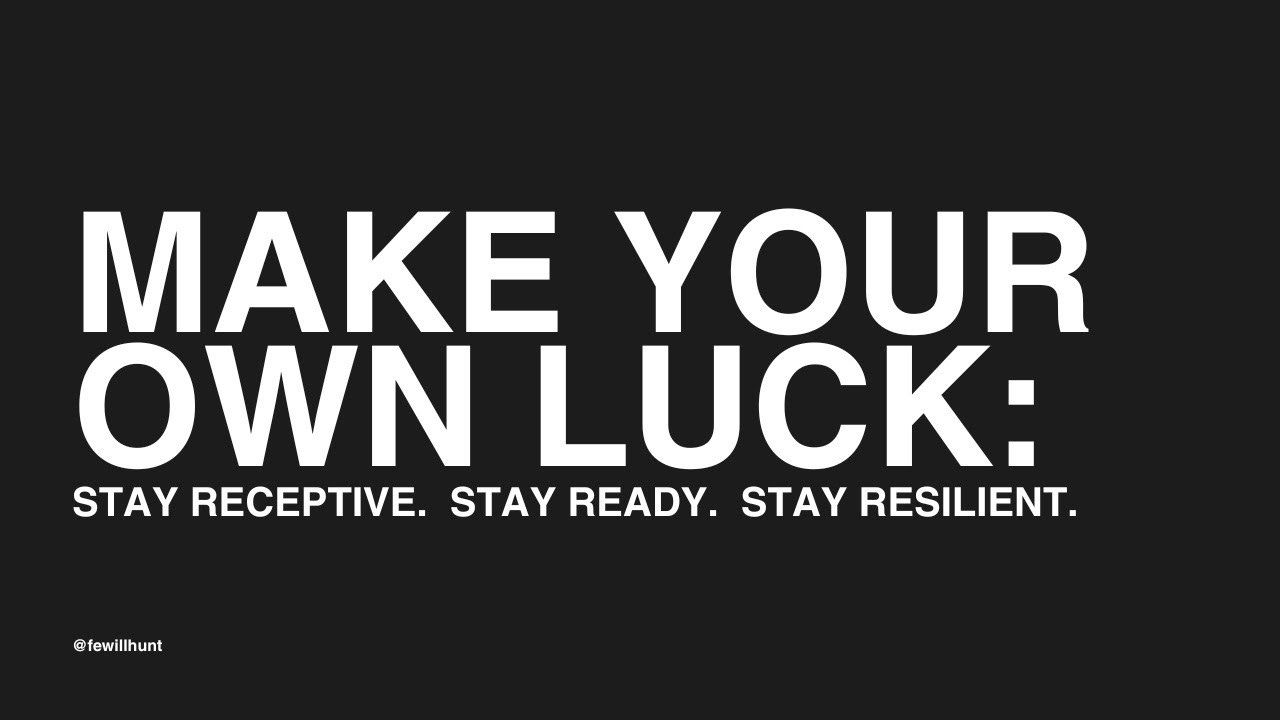“Intersectionality is the understanding that multiple identities (such as race, gender, class, sexual orientation, etc.) and social categories (like discrimination and oppression) overlap and interact, creating unique and complex experiences of privilege or disadvantage for individuals and groups.”
To many people, this seems eminently fair; we have to take all aspects of someone’s situation into account. The definition comes from academia and has been used to powerful effect in political issues, such as criminal justice reform, education and immigration. It has been credited to lawyer, activist and UCLA professor, Kimberle Crenshaw, who now heads the Center for Intersectionality and Social Policy Studies at Columbia University. However, the definition is continually being redefined and used even in grammar school to separate “oppressors” from the “oppressed,” based solely on identities, which rarely results in a positive result.
Individuality
Each person is an individual, made up of the above “identities,” but so much more. One may have a handicap, visible or not. Another may have been a victim of sexual or psychological abuse. Someone might have started out poor, but moved up in their childhood. In fact, even twins aren’t truly identical in every way, as anyone whose had twins or knew twins can vouch for.
Our individuality is key. While some people say that because great-great-great-grandparents were slaves, they are entitled to something from the “oppressor” group, using intersectionality as their story. But history tells us that there were Black slave owners. There were Blacks who were involved in helping slaves escape and who escaped themselves, making a productive life in the North. And many Blacks in the US herald more recently from Africa, never having slave ancestors.
There are abuse victims who carry their history into their adult lives, limiting their potential; others who refuse to continue to be a victim and fare better. Kids from well-to-do parents can be hopelessly neglected. Poor mothers, like Ben Carson’s, pushed her son hard to achieve, even as she never moved up the ladder. The definition above implies “uniqueness” but the categories are too limited and, in most cases, impossible to sus out, if you hope to make things better for someone.
An Excuse, not a Reason
Intersectionality is actually being used as a way to create more racial preference programs, get reparations and more. And yet, how do you know who is worse off and needs the help? The Left doesn’t care. They want racial, class and sexual preferences, which fails to acknowledge our real individuality. Obviously, we don’t want people bullied in school, but that’s a challenge schools must address, whether the issue is one of the above, or something like dyslexia or poor vision.
But you shouldn’t spread the net so widely that people who do not really need or deserve special consideration get it. And let’s consider all the people who have thrived despite truly catastrophic limitations. The first example is one I learned from at UC Berkeley, volunteering to help quadriplegic students who were living at the Student Health Service and attending classes (much easier today with tele-classes, but it wasn’t then.) I walked in with assumptions, that they would need help with everything. But after one beat me at a special tennis set-up and another showed me how he could write with a pen held in his toes, I realized something important. It is wrong, unfair and stupid to prejudge a person based on physical or mental challenges…or race, class, sexual preference, etc.
“Everything can be taken from a man but one thing: the last of the human freedoms—to choose one’s attitude in any given set of circumstances, to choose one’s own way”. Viktor Frankl, Holocaust survivor
Choice
Even if your people have had decades of persecution or you personally have experienced it, you have a choice. You can’t change what happened, but you can choose how you react to it. I’ve seen kids who were bullied figure out how to stop it and, in the process, make new friends. Many of us women in IT had to learn to deflect and manage mansplaining and outright discrimination. One boss told me in my review, “I don’t think my wife would understand the way you work. She isn’t like that.” I responded, “Would you say the same thing to one of the men on my team?” It changed the conversation.
When I was a child in Wilmette, we had a father who worked as an attorney, a very successful one. I later learned he was blind, and back then, law books weren’t available in Braille. He found people to read books for him and help him, and was able to accomplish his dream. Ask yourself, has slavery held you back as much as blindness could have held him back? Have racism or sexism stopped you? Why let them? Do such things entitle you to special consideration? This man never got any.
I have no problem with people sharing their stories of difficulty, first to help us know them, but also to ask for help specific to their situation. Imagine someone applying to college and explaining in their essay how they struggled in school due to homelessness and an absent parent, but then to show how they persevered anyway. Perhaps their grades aren’t quite as good as others, but if you learn about the hard work they have put in and see that there is no real reason they can’t succeed in college and graduate, I have no problem with their story helping with their admission…Black or White. Female or male.
Instead of looking into your history to find how your ancestors were oppressed, ask what you can do to make your life better. Don’t reach for excuses; persevere, be resilient, make a difference. I refuse to accept the labels people put on people. I am me, and I can accomplish what I seek out to do. So can you!


